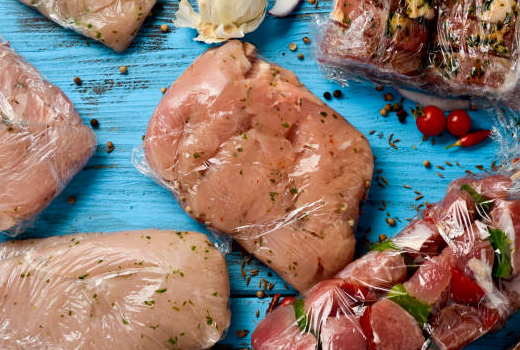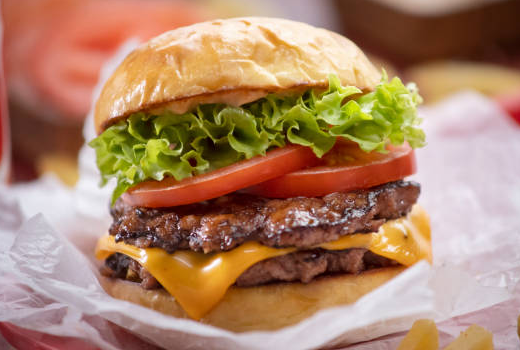How to Marinate Food for the Most Intense Flavor

Ritz Crisp & Thins Cream Cheese: Indulge in a Delightfully Light and Flavorful Snack
April 30, 2025
Tate’s Bake Shop Cookies: The Perfect Indulgence for Every Sweet Tooth
May 6, 2025There’s nothing quite like the rich, savory flavor that a good marinade imparts. A marinade typically consists of a cooking oil, an acidic liquid (like vinegar, wine, tomato juice, or citrus juice, or a natural enzyme such as ginger or pineapple), and seasonings (such as garlic, molasses, honey, fresh or dried herbs, and spices). The acid helps tenderize tougher cuts of meat, while the oil moisturizes and adds flavor. Salt can also be used for seasoning and tenderizing.
The consistency of a marinade should be fairly thin so it can penetrate the meat for ideal flavor. Marinades will penetrate about 1/4 inch into the surface of the meat. While it won’t penetrate to the very center, the surface of the meat will be wonderfully flavored.
How to Marinate Chicken, Steak, and More

Step 1: Bag the Food
Place up to 3 pounds of steak, chicken, pork, vegetables, fish, or seafood in a resealable plastic bag. Place the bag in a bowl or shallow dish to catch any potential leaks. Pour the marinade over the food, seal the bag, and refrigerate.
Step 2: Ensure Even Coating
Refrigerate and occasionally turn the bag of marinade to ensure the marinade distributes evenly over all sides of the food. Marinate chicken, pork, or less-tender beef for about 2 to 12 hours; tender beef, vegetables, or lamb for about 2 to 4 hours; and fish or seafood for about 30 minutes. Avoid using metal containers for marinating, as the acidic mixture can react with the metal.
Step 3: Remove from Marinade and Cook
Remove the food from the marinade using tongs. Some marinade will cling to the food. Discard any remaining marinade.
How Long to Marinate?
Tender cuts of meat can be marinated for up to 2 hours. Less tender cuts can marinate for 4 to 24 hours, but avoid marinating for too long. Meats and poultry marinated for more than 24 hours can become mushy. Avoid marinating meat in citrus or pineapple juices for too long, as they can cause the meat to become mushy.
Fish only needs to be marinated for a few hours; if left longer, the acid will begin to “cook” it and make it firm.
Food should be cooked immediately after marinating. Marinating does not extend the shelf life of food, which includes the day of purchase and any time it’s thawed.
How to Marinate Safely
The following tips will help you safely marinate food: Always marinate food in the refrigerator, not on your kitchen countertop. It’s best to place the marinade on the bottom shelf of your refrigerator to prevent any leaks or drips onto food below.
- Never put cooked meat back on a plate that held raw marinated meat, as the raw marinade has not been properly cooked.
- Never reuse marinade to avoid contamination that can lead to foodborne illness. Before adding marinade to raw meat, set aside some to use for basting or as a serving sauce.
Do you have a particular type of meat or vegetable you’re looking to marinate, or are you hoping to find some new marinade recipes?



